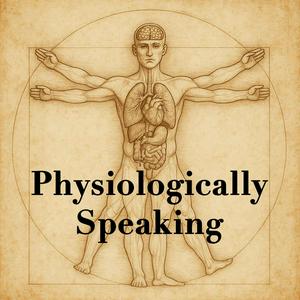In this video, I interview Dr. Latt Mansor (Instagram: @lattmansor)—research lead at Ketone-IQ and an all-around fun and savvy guy. We chat about exogenous ketones, how they work, and their research-backed benefits for cognition, as well as their potential for treating neurological conditions such as traumatic brain injury, dementia, and Alzheimer’s disease.
I’ve been using exogenous ketones for several years now, and Ketone-IQ has become the brand that I trust and use almost daily for workout recovery, performance, and cognitive enhancement. And I’m excited to announce that I just joined their scientific advisory board and can’t wait to help share the science of ketones with the world.
Try some for yourself:
Unlock sharper focus and support long-term brain health with Ketone-IQ— Get 30% off your subscription, plus a free gift with your second shipment at ketone.com/BRADY.
This is a public episode. If you'd like to discuss this with other subscribers or get access to bonus episodes, visit www.physiologicallyspeaking.com/subscribe


